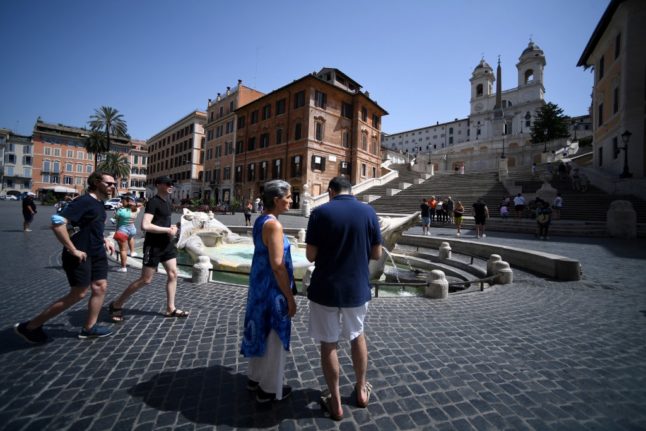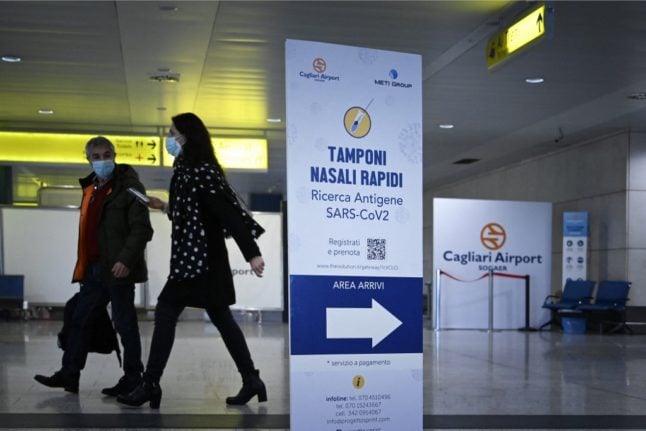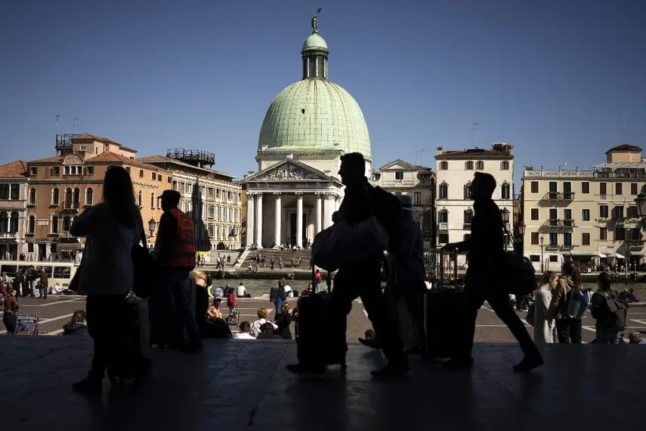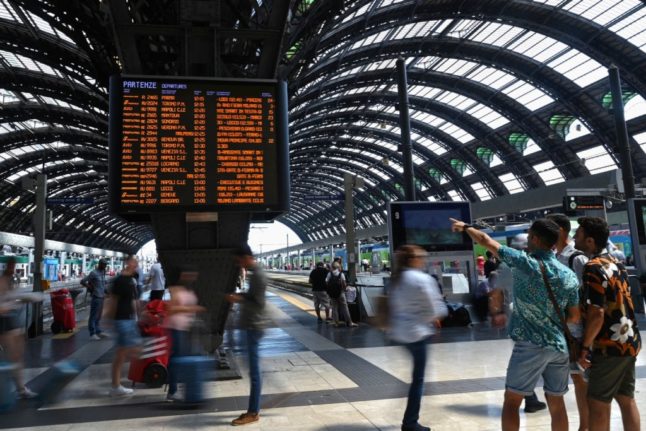If you thought Italy’s Covid rules ought to have more or less expired by now, you’d be right – almost.
There are essentially no travel restrictions, no vaccination or testing obligations, and very few situations in which people are required to mask up.
However, a few nationwide health rules do remain in place that are worth knowing about.
Here’s what they are.
Masks
One notable exception to Italy’s Covid rule relaxations is the continued requirement to wear a mask in parts of health and residential care facilities that house vulnerable or immunosuppressed patients.
This rule had been due to expire on April 30th, but was renewed by decree on April 29th and will remain in place until the end of the year.
READ ALSO: What to expect when travelling to Italy in summer 2023
That means if you work in such a facility or need to visit a friend or family member there, you should come equipped with a mask.
Under-6’s, people whose disability prevents them from wearing a mask, and carers for whom wearing a mask would prevent them from communicating with a disabled patient are the only exceptions.
Quarantine
Then there are the quarantine rules.
‘Italy still has quarantine rules?!’ you ask incredulously.
According to former health director Giovanni Rezza, who retired this May, the answer is yes.
It was Rezza who signed off on a health ministry decree dated December 31st, 2022 that established the country’s latest quarantine restrictions.

That decree says that those who test positive but are asymptomatic must self-isolate for five days, or until they test negative at a pharmacy or health facility – whichever happens sooner.
Those who do experience symptoms should either test negative before exiting quarantine, or wait until they are symptomless for at least two days.
At the end of the isolation period, those who have left quarantine without taking a test are required to wear a high-grade FFP2 mask in public until the tenth day since the onset of symptoms or first positive test result.
READ ALSO: What are the upcoming strikes in Italy and how could they impact you?
People who have been in close contact with someone who tested positive for Covid should wear an FFP2 mask in public until the fifth day since the last point of contact.
Earlier this month, Rezza told journalists at the national broadcaster Rai that since no expiration date was stipulated, the decree remains in force indefinitely.
The health ministry doesn’t appear to have weighed in on the matter, so for now it should be assumed that the quarantine rules are still active.
Of course, this all relies on the honour system, as most Covid tests these days are taken (if at all) in people’s own homes without the knowledge or involvement of state health authorities.
Travel
Finally, there have been some recent reports of new international travel restrictions specifically relating to China.

Towards the end of May, newspapers La Stampa and La Gazzetta del Mezzogiorno reported that Covid tests had been reintroduced at Italy’s airports for arrivals from China, which has seen an uptick in cases.
However, neither the health ministry website nor the Foreign Ministry’s Viaggiare Sicuri (‘Travel Safe’) website appear to have published any updates to this effect.
In December 2022, Italy’s health ministry mandated that all arrivals from China must produce a recent negative test result before leaving for Italy and to take a test on arrival, though this rule was due to expire at the end of January.



 Please whitelist us to continue reading.
Please whitelist us to continue reading.
Member comments